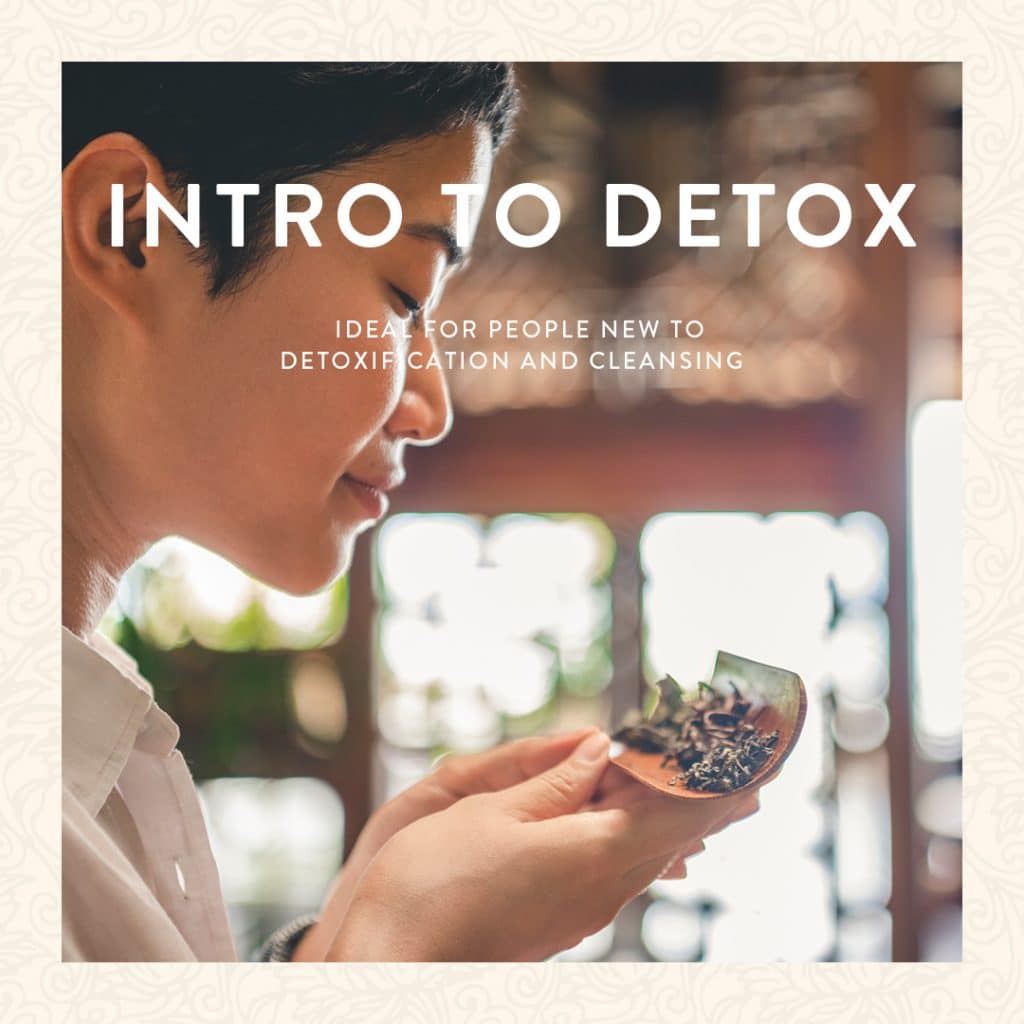THE REAL COST OF COFFEE
For many of us, our day begins with a delicious cup of tea or coffee and habitually we savour the familiar flavour and the gentle energetic hit that instantly washes over us.
It’s one of those simple pleasures, but like all the best things in life – caffeinated beverages are best enjoyed in moderation and that includes drinks like tea, coffee, some soft and alcoholic drinks, energy drinks, chocolate and certain medications.
On your journey to lifelong wellness, it is important that you establish a set of well-rounded habits that support your health goals and that start with a mindful approach to those simple things – such as your caffeine intake.
It’s a well-known fact that coffee has an impact on sleep, and when our sleep patterns are disturbed – it sets our whole being off balance. Our mind, body and soul are impacted by the side effects that even the slightest sleep deprivation can trigger. It’s why we encourage and offer a wide selection of fresh and healthy beverage alternatives here at Kamalaya Koh Samui Wellness Sanctuary & Holistic Spa.
Caffeine helps improve alertness and performance by increasing adrenaline levels, it also inhibits and lowers the effect of certain neurotransmitters and as well as reduces sleep quality, an excess intake of caffeine can contribute to anxiety, heart palpitations, nervousness, headaches and general irritability. Excess depends on person to person – each of us has a different tolerance level.
These side effects create the opposite results of what we aim to achieve at our wellness retreat. In Thailand, the aim is to reconnect you to your essential self, and this starts by reducing the negative impacts of anxiety on your day-to-day emotional wellbeing.
Physically, caffeine is highly acidic, and excess can generate acid reflux and other digestive discomforts. Even though the body naturally balances its pH level, an excess of caffeine leaves your body to work harder at an alternative and unnecessary function that supports the holistic healing journey you have begun.
By reducing the amount of caffeine you drink and by drinking it earlier in the day, after the initial adjustment, you will find your energy naturally increase. Sleep and digestion will improve, anxiety and irritability will ease, and your body will be more receptive to the positive steps that you are taking towards your holistic wellness.
At Kamalaya we offer several personalised therapies designed to help set the stage for a truly integrated whole-being wellness transformation.
To support with the detoxification of caffeine, our Enriched Gut and Detox programs are highly recommended to kick-start the caffeine cut-back.
The IV Therapy available here at Koh Samui’s most holistic resort can enhance the effects of a detoxification protocol by reducing cravings, addictions and by reducing oxidative stress. The Cleanse and Purify infusion enhances the body’s natural detoxification processes by restoring health to liver tissue after exposure to toxins such as caffeine.
If you find yourself suffering from any withdrawal effects from your detox process, we recommend meditation. It restores a state of balance and peace and leads to greater levels of physical, mental, emotional, and spiritual wellbeing and at Kamalaya Koh Samui you will learn tailor-made meditation techniques to suit your personal healing goals.

Geschrieben von: Leila Abachi, Heilpraktikerin im Kamalaya Koh Samui
BUCHEN SIE EINE WELLNESSBERATUNG MIT LEILA
auf Kamalaya Connect
Diese Sitzungen bieten die Möglichkeit, alle Wellness-Belange zu besprechen sowie Ihre Gesundheitsziele, medizinischen Bedingungen und Berichte in aller Vertraulichkeit zu überprüfen.
US$ 94
45 Minuten
INTRO TO DETOX WELLNESS PROGRAM
at Kamalaya Koh Samui
Entdecken Sie die Grundlagen der Entgiftung zusammen mit köstlicher und gesunder Detox-Küche sowie einer Reihe von ganzheitlichen Therapien zur Reinigung von Körper, Geist und Seele.
Wählen Sie aus 3 oder 5 Tagen


















